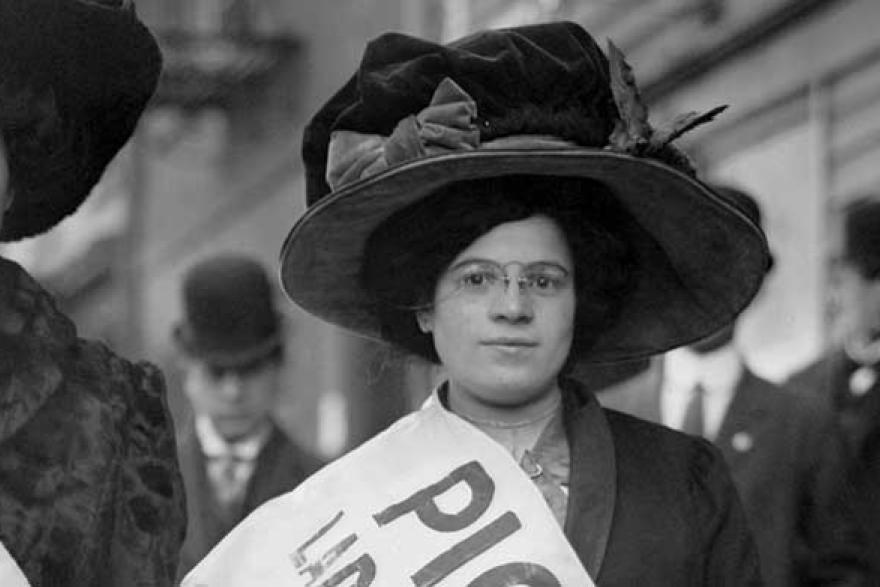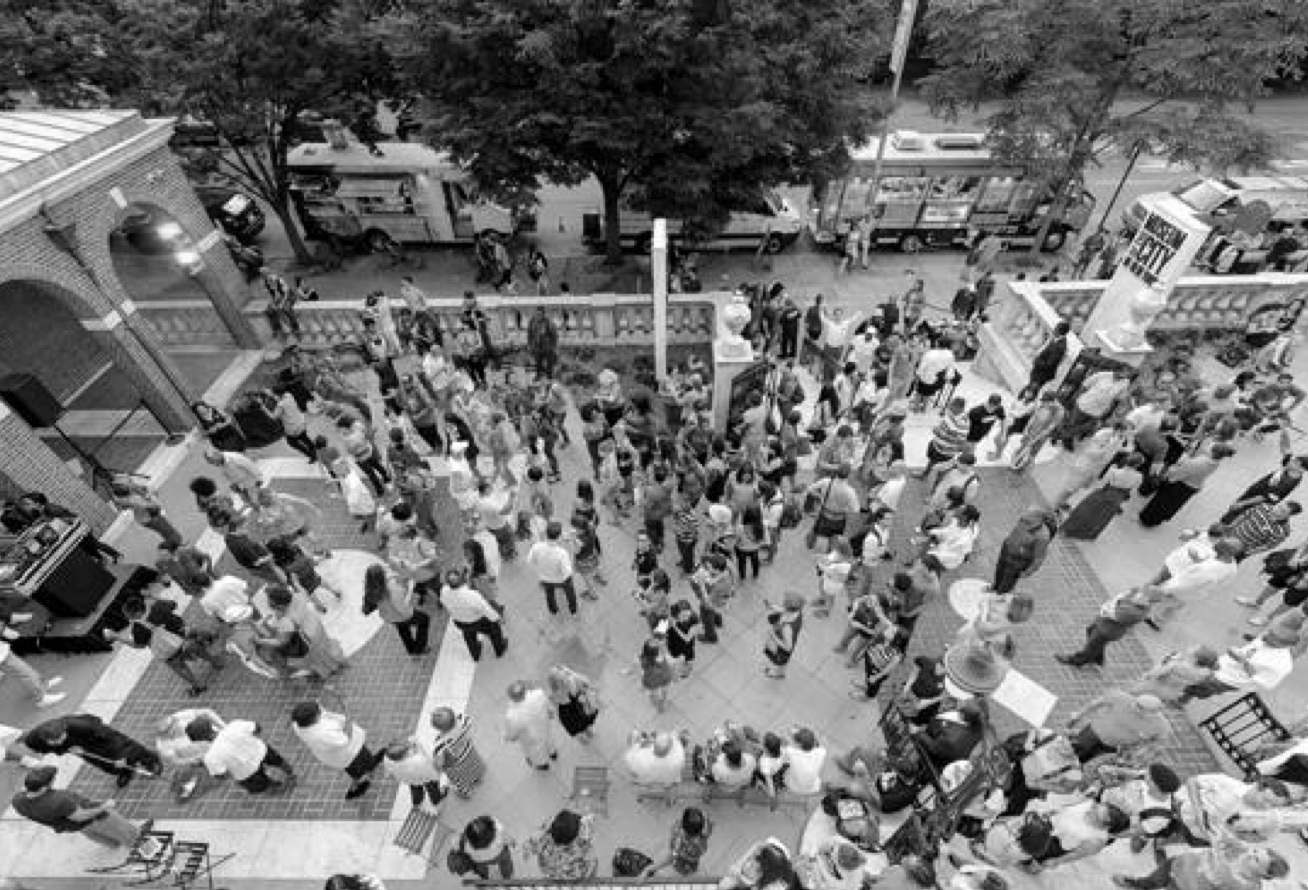Economic Rights

Learn about campaigns for economic equality in New York City—historically the center of the labor movement in the United States—from the formation of unions to the use of art as a vehicle for protesting income inequality.
Case Studies:
Exhibition
Ongoing
Garment Workers
Upheaval in the Garment Trades | 1900-1915 In the early 20th century, New York was the largest city and garment production the largest manufacturing business in America. The garment trade was made possible by tens of thousands of immigrant workers, who labored long hours under unsafe conditions in crowded tenements or factories.
Exhibition
January 1 - January 1, 2013
Activist Theater
On February 21, 1934, John Wexley’s drama "They Shall Not Die"—highlighting the infamous rape charges against the “Scottsboro Boys”—premiered at the Royale Theatre on West 45th Street. With its condemnation of southern racism and injustice, the play helped usher in a new era on the Broadway stage.
Exhibition
Ongoing
Activist Literature
In the 1930s, in the midst of the Great Depression, many New York writers used novels and poems as tools to address the working class, or “proletariat.” Using the written word to advance their political agenda, these writers espoused their views on class, communism, and global affairs. This movement “does not believe in literature for its own sake,” explained writer and editor Mike Gold, “but in literature that is useful, has a social function.”
Exhibition
Ongoing
South Bronx
In the decades after the new Cross-Bronx Expressway bisected the South Bronx in the 1950s, abandonment and arson claimed large swaths of the borough. Facing diminishing revenues, some landlords were accused of burning their own buildings.
Exhibition
Ongoing
Young Lords
“¡Basta ya!”—”Enough!” was the feeling of Young Lords member Mickey Melendez and other East Harlem activists. It was the summer of 1969, and the group had blocked traffic on 110th Street with piles of garbage to protest inadequate sanitation services. They had already asked the city for brooms to clean their neighborhood’s streets and, when refused, they went ahead and took them.
Stay Connected.Get our Newsletter.
Get the latest on events, upcoming exhibitions, and more.

Want free or discounted tickets, special event invites, and more?





